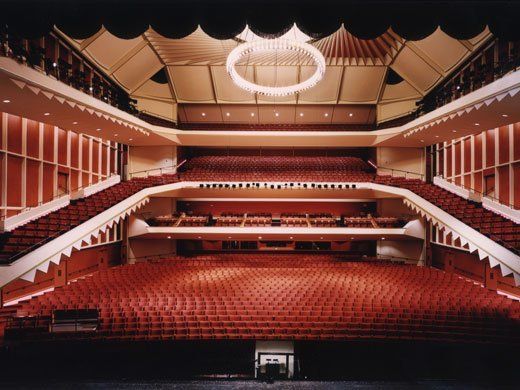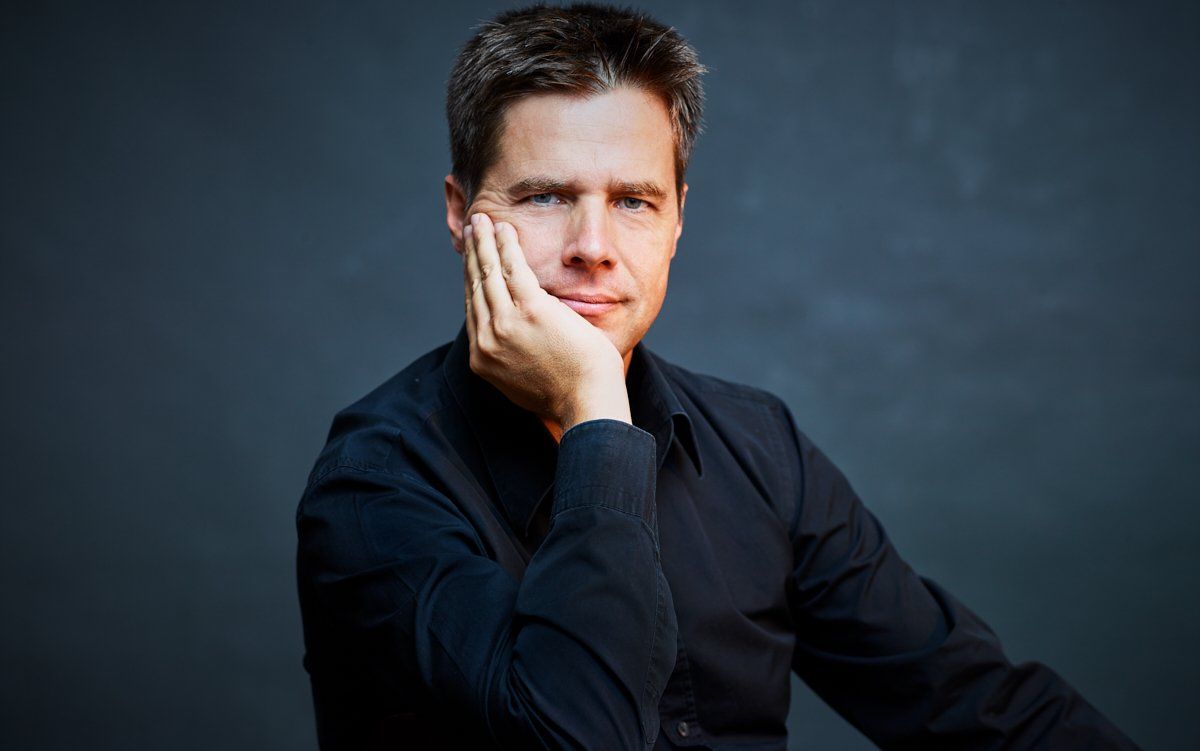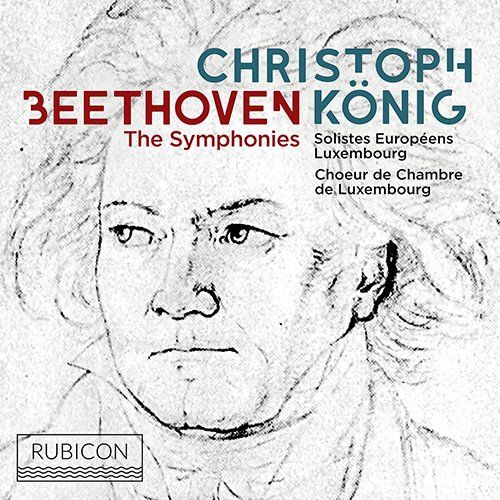MSO + CHRISTOPH KÖNIG = THRILLS

Uihlein Hall Marcus Center Milwaukee
No hint of accent or attack announced the start of Weber’s Der Freischütz Overture Friday. The sound flowed from the Milwaukee Symphony Orchestra in a way that was beyond legato. The streams of music from the various orchestral choirs entered like currents of gentle wind or water, as if they’d been running all along and just rose to audibility. Guest conductor Christoph König encouraged the MSO to this remarkable effect with smooth, horizontal gestures that commenced before the sound began. I couldn’t see what he did to actually start the music, but it worked. Everyone went with the flow as one. Such details distinguish a great performance from a good one. König lavished them also on Witold Lutoslawski’s Concerto for Orchestra, Schubert’s Symphony No. 7 (“Unfinished”) and Liszt’s Hungarian Rhapsody No. 2, arranged by Liszt and collaborator Franz Doppler.
König opened that dark, intriguing bass/cello line at the start of Schubert’s symphony in same manner as the start of Weber’s Overture. The low strings flowed like a powerful underground stream. Schubert goes for high drama here and achieves it. But this is Viennese music after all, so its characters have a certain charm. König and the cello section made a suave fellow, indeed, of the second theme. Then conductor, orchestra and composer conspired to tighten the spring through the development on the way to a cathartic climax. Massive, pendulous weight and momentum marked the second movement. The heft of this reading gave the Unfinished Symphony of measure of finality.
The Liszt and Lutoslawski are big, splashy orchestral showpieces, and König and the MSO shone brightly in both, in brilliant tutti, section and solo work.
Lutoslawski’s Concerto, from 1954, contains a good deal of dissonant and polytonal post-war angst. But the composer celebrates virtuosity even as he wrings his hands. The cello section ripped through the gestural theme in the Intrada as if laying out an angry argument — even as it laid out a dazzling feat of tight ensemble playing.
The fantastical sound world ranges from the densest raucous tone clusters to giddy mass woodwind twittering to pyramid build-ups of vast, brassy chords. One of my favorite bits, from the first movement, comprised an exotic, gossamer woodwind weave over a persistent bell-tone; its spell freezes time.
We all know Liszt’s Hungarian dance. König and the MSO wallowed in its glamorous excess. That is, they took just the right approach to this extravagant piano show-off piece transformed into an orchestral show-off piece. König made plenty of space for smashing free-range cadenzas by clarinetist Katherine Kohler and violinist Ilana Setapen. He brought soloist verve to ensemble playing and great vigor to the whole enterprise, and even some subtlety. The slow gypsy lament unrolled in the creamiest possible legato, which the conductor expressed in big, sinuous gestures. His body language changed entirely in the wild Hungarian dance that followed. It hurtled by in the crunchiest possible staccato, expressed in angular, abrupt gestures and twitchy body language. For his effort, the MSO gave König an especially vivid and wild — yet tautly disciplined — Hungarian dance.
Tom Strini, TCD THIRD COAST DIGEST
http://thirdcoastdigest.com/2012/11/mso-christoph-konig-thrills/
More Posts


